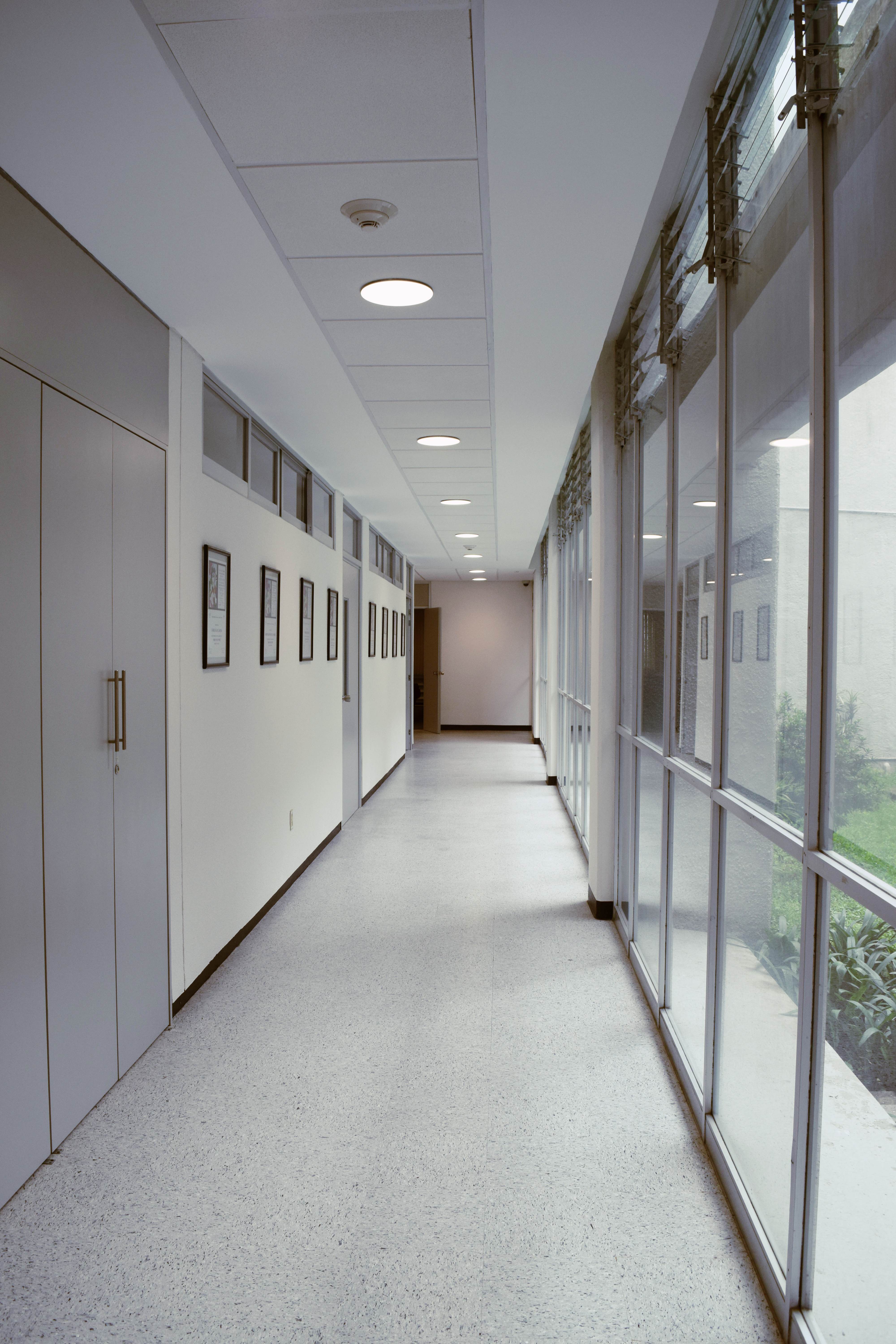
Impacts assessment of land use changes and global warming on urban heat islands in Hanoi, Vietnam
Conferencia de Lee Han Soo
15 de Agosto del 2017 de 12:00 hrs
In this talk, the results of the collaborative researches from a case study of urban heat islands in Hanoi City, Vietnam, will be introduced.
Hanoi City, Vietnam, presented the Hanoi Master Plan 2030 in 2011 to cope with rapid population growth and urbanisation. The main objectives of this two-part studies are to investigate the impacts of land use changes brought by the master plan on urban heat islands in Hanoi by 2030, and to estimate the impacts of warming climate in 2030 on urban heat islands in Hanoi. The modeling studies illustrate the contributions of land use changes and global warming to the future increase in urban temperatures in Hanoi by the 2030s. Firstly, numerical simulations using WRF were conducted for the present land use as well as the land use condition of the master plan under the same weather conditions to detect only the impact of land use changes. Secondly, WRF simulations were conducted for the land use condition of the master plan under the influence of global warming in the 2030s utilising the climate data projected by a Global Climate Model (GCM), Model for Interdisciplinary Research on Climate Version 5 (MIROC5), via a direct dynamical downscaling method. In the 2030s, the average air temperature increase in existing urban areas was projected to be up to 2.1 °C, of which up to 1.5 and 0.6 °C are attributable to global warming and land use changes, respectively.









